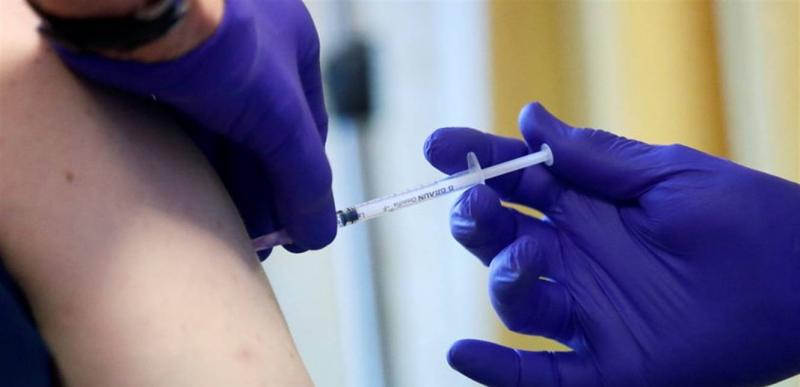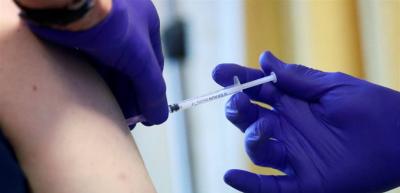England has administered the first personalized cancer vaccine aimed at helping prevent the return of the disease post-surgery, as part of a new trial. This new vaccine is a form of immunotherapy designed to stimulate the body's immune system so that it can identify and combat cancer cells, thereby reducing the chances of malignant disease returning. Unlike vaccines for illnesses such as influenza or COVID-19, which are taken to prevent someone from contracting the disease, the cancer vaccine is intended for individuals already suffering from the illness.
According to Newsweek, numerous National Health Service sites across England will participate in the trial, which will initially focus on patients with colorectal, pancreatic, skin, lung, bladder, and kidney cancers. The vaccines for this trial will be produced by the biotechnology company BioNTech SE.
How Does the Vaccine Work?
Ian Fox, the Executive Director of Research and Innovation at the UK Cancer Research Centre, explained the mechanism of the vaccine:
- It is an mRNA vaccine that alerts the immune system, thereby detecting and targeting cancer in its earliest stages.
- The vaccine contains a harmless piece of the germ or virus (such as a protein, a dead or weakened form of the germ, or a piece of its genetic material), which the immune system recognizes as foreign and responds to by producing antibodies.
- The immune system then creates memory cells that "remember" the germ and can produce these antibodies quickly, remaining in the body for a long time.
- If the germ invades the body in the future, the immune system can recognize it swiftly and attack using memory cells and antibodies, preventing the person from becoming ill or reducing the severity of the disease.
- Cancer vaccines work by analyzing the patient's cancer or tumor, then creating a personalized vaccine containing markers present on the cancerous cells.
- In a manner similar to vaccines for infectious diseases, the immune system then learns to recognize these markers—called antigens—and becomes prepared to fight any cells that contain them, namely the cancerous cells.
- It is hoped that this treatment can be used alongside surgery, chemotherapy, and radiation therapy to prevent cancer recurrence, and it may have fewer side effects than other treatments.
- The trial is not expected to conclude until 2027, so it will be several years before this treatment becomes available to the general public.




